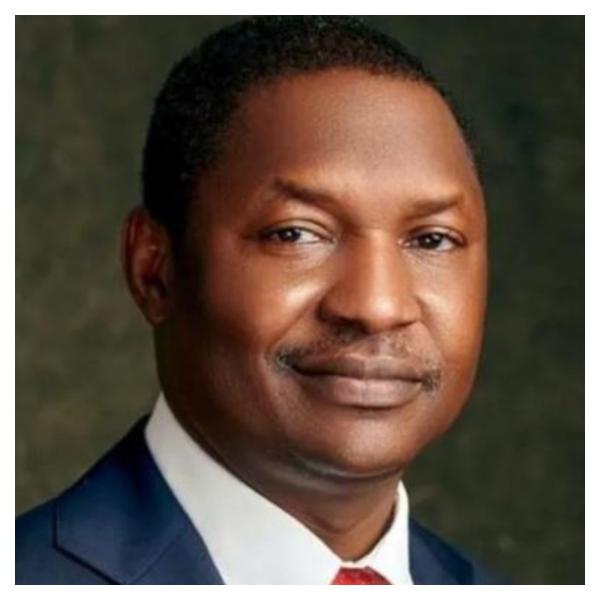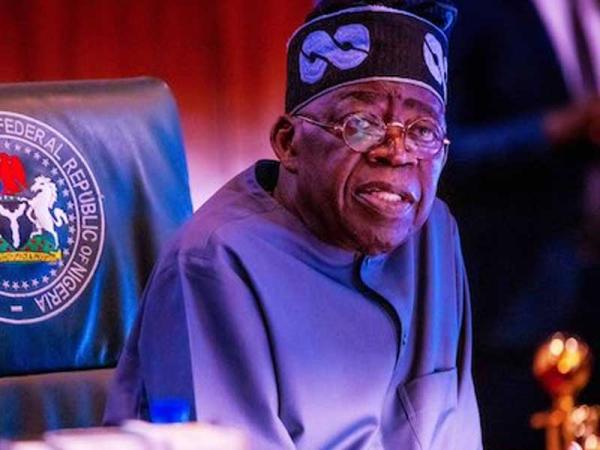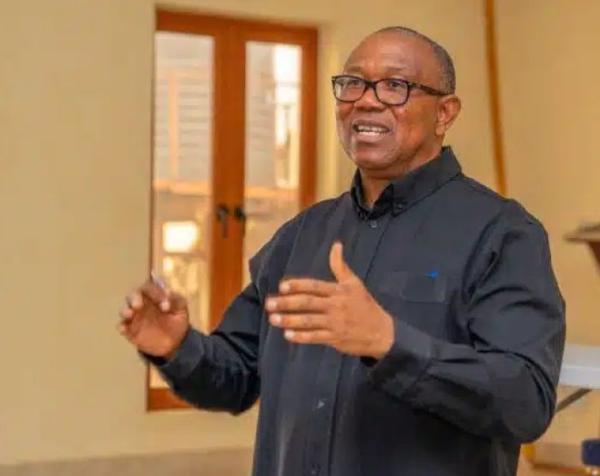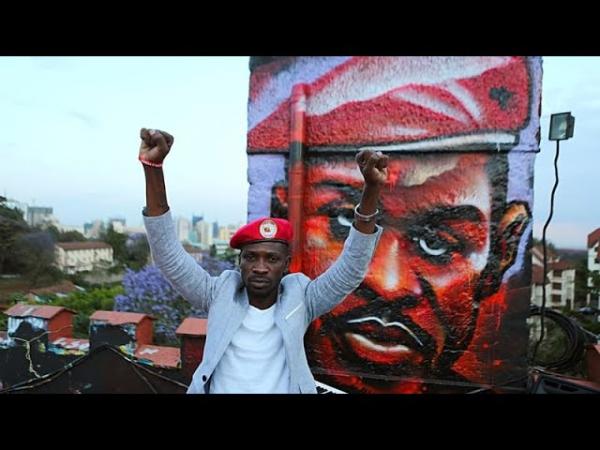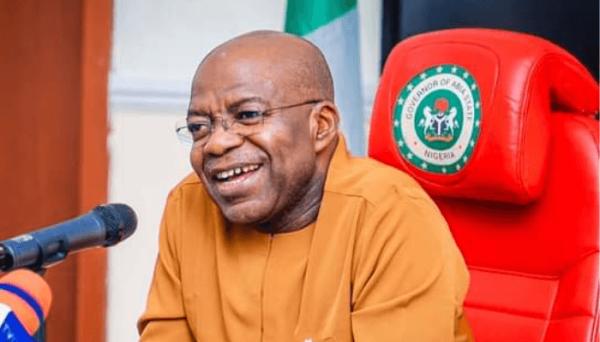
Gen. Muhammadu Buhari, President Goodluck Jonathan and Prof. Attahiru Jega
Politicians have been advised against unnecessary spending on campaign that may prevent them from addressing issues of employment, workers’ salaries, health care delivery and infrastructure development, among others, after the election, writes DAYO OKETOLA
Every election in Nigeria comes at a great cost not just to the country, but to political parties, politicians and the citizens. For instance, the Independent National Electoral Commission has budgeted N120bn for the conduct of the February polls. This huge amount, according to experts, will cover the monthly allocations required to run the activities and pay workers’ salaries in some states of the federation.
Now that the oil slump has forced the government to reduce the monthly allocations to the states, what the N120bn election fund could do in the states, which are currently battling with abandoned projects and unpaid workers’ salaries, can best be imagined.
INEC conducted the 2011 elections with N85bn and it got allocations from the Federal Government in the range of N35bn in 2012, N32bn in 2013, and N45bn in 2014 for preparation towards the 2015 polls.
The general perception is that elections at both federal and state levels are bankrolled with public funds at the expense of citizens’ welfare and people-oriented projects such as schools, good roads, affordable health care system, pipe borne water and others.
For instance, residents of Akure, the Ondo State capital, are complaining of hard times during Governor Olusegun Mimiko’s second term in office, and are blaming the development on public fund wasted on the October 20, 2012 governorship elections won by the governor.
Candidates contesting for various elective positions in the country are also believed to be spending so much on their campaigns thus raising concerns that they may first of all be interested in recouping their investment when they get to office before attending to people’s need and welfare.
Serving governors, who will complete their second term in office in May, 2015, are also believed to be spending public money to fund the election of their cronies and loyalists into various offices.
Already, the ruling People’s Democratic Party and the main opposition party, All Progressives Congress, are not only engaging in campaign of calumny to get voters’ support; they are also into what is commonly tagged a ‘money-for-money’ electioneering.
With a campaign war chest of over N21.27bn, President Goodluck Jonathan’s presidential campaign committee appears to be financially well-positioned to counter any move by the opposition. Businessmen, multinational organisations, interest groups and individuals donated the huge sum to support the Jonathan’s campaign for the 2015 presidential election. Like the theatre of the absurd, PDP governors who struggled to pay salaries of civil servants in their states equally made a donation of N1.05bn. The Bauchi State Governor, Isa Yuguda, who spoke on behalf of the PDP Governors Forum, said each of the 21 of them would donate N50m each.
The All Progressives Congress early in the week also inaugurated platforms which would make it possible for any Nigerian to contribute to the funds for the campaign of its presidential candidate, Gen. Muhammadu Buhari and his running mate, Prof. Yemi Osinbajo.
Generally, a huge amount of money is exchanging hands among politicians, political parties and their supporters. Experts have warned that it is high time Nigerians discouraged money politics in Nigeria. This, according to them, is because the lion share of election spending in the country is believed to come from public funds meant for infrastructure development and citizens’ welfare. Should the citizens bear the burden of expensive elections campaigns? Experts are saying no.
They warned that this is not the time for politicians especially serving lawmakers, governors, and the president to over spend on election campaigns when the price of crude had slumped to $48 per barrel as of Tuesday.
A public affairs analyst, Mr. Lawal Adesina, believes that spending a huge amount of money on campaign might compromise the electioneering process.
According to him, flooding campaigns with money when some critical sectors of the economy are begging for attention calls into question the sincerity of the politicians to fulfil their promises to voters.
Adesina said some of the money spent by the politicians; especially governors to fund campaigns should have been used to pay the arrears of the workers’ salary.
For the campaign to make any meaning to the people, the analyst asked politicians to address the issues raised by health and judiciary workers who have been on strike for some weeks.
He said the people should ask the politicians questions on how they planned to fulfil their promises.
“The people should also raise questions on why the politicians seeking re-election failed to fulfil some of their promises.
“They may want to blame their failure on the drop in oil price, but they should realise that some promised ought to have been fulfilled three years ago before the drop in oil price in October last year,” he said.
A lawyer and social commentator based in Abuja, Mr. Jide Oluyemi, opined that it is only in an ‘insane’ clime that people in government spend so much on campaigns at the expense of the citizens’ welfare.
He also faulted the campaign fundraising by President Goodluck Jonathan’s party, PDP.
Oluyemi said he was perplexed why such huge amount of money was never raised to equip the Nigerian military, which had witnessed severe loss of manpower and equipment due to Boko Haram attacks.
“None of those who raised the funds thought of doing same in the quest to fight the insurgents,” he said.
Oluyemi said it was unfair for some of the state governors to have donated millions and billions of naira even when many of them had not paid their workers’ salary.
He said, “At times I wonder what sort of country Nigerians are in – where impunity and lawlessness are the order of the day.
“Some of these governors have not met the expectations of the citizens and yet they spend so much on their ambitions.”
He described the scenario as a selfish economy.
Oluyemi said, “Everything is all about them whereas there are many sectors that are laying fallow that they do not want to spend the taxpayers’ money on.
“If you observe the country very well, there is no fear of God and empathy for the people in the hearts of many of our politicians.
“All they care about is how to keep milking the country, getting richer and making the people poorer.”
Similarly, Mr. Bisoye Odubona, a Lagos-based civil rights lawyer, said it is not good for politicians and parties to only focus on winning in the forthcoming elections “while shifting focus away from the more important things.”
He said, “There are burning issues that almost every political party is shifting focus from – unemployment, poor infrastructure, and poor economy, among others.
“All attention seems to be on elections, and this is not supposed to be so. A party, politician or government that fails to talk about these issues is not worth voting for.
“Nigerians need to wake up from their slumber and demand better systems from our politicians.”
An economic analyst, Mr. Babatunde Abrahams, also told our correspondent that in the face of global oil price fall, availability of cheap oil, stock market crash, and naira devaluation, politicians should not focus on the elections alone.
He said, “Unfortunately, some of these politicians don’t know about how the economy works. For instance, the response of the government to these global issues has been very slow.
“These are the issues that we need to tackle before our economic condition weakens further.
“Spending so much on campaigns at the detriment of all these is a display of ignorance. A skilful party or politician does not have to spend huge money to woo the electorate.
“They will naturally vote for them because of the fruits they bear.”
In the same vein, a lawyer and civil right activist, Mr. Fred Agbaje, expressed concern that many politicians had flouted the provisions of the electoral act 2010.
He said that by donating beyond what was statutorily required; politicians had gone contrary to the rules guiding electioneering campaigns in the country.
According to him, politicians need not seek huge funds to campaign before they win elections as many who do so do not mean well for the country.”
“Many politicians, particularly from the PDP, have wantonly flouted the law by the donations from individuals who gave over what is statutorily required towards seeking the re-election of President Goodluck Jonathan.
“By the time you donate over what is statutorily required, you are no longer playing on an equal level with the rest. In other words, elections have become so moneyed. Such parties prove that they have the money to bamboozle the electorate.
“The question we should ask ourselves is – for those individuals who are coughing out and vomiting billions, do they take care of their workers?” he said.
Source: unch












